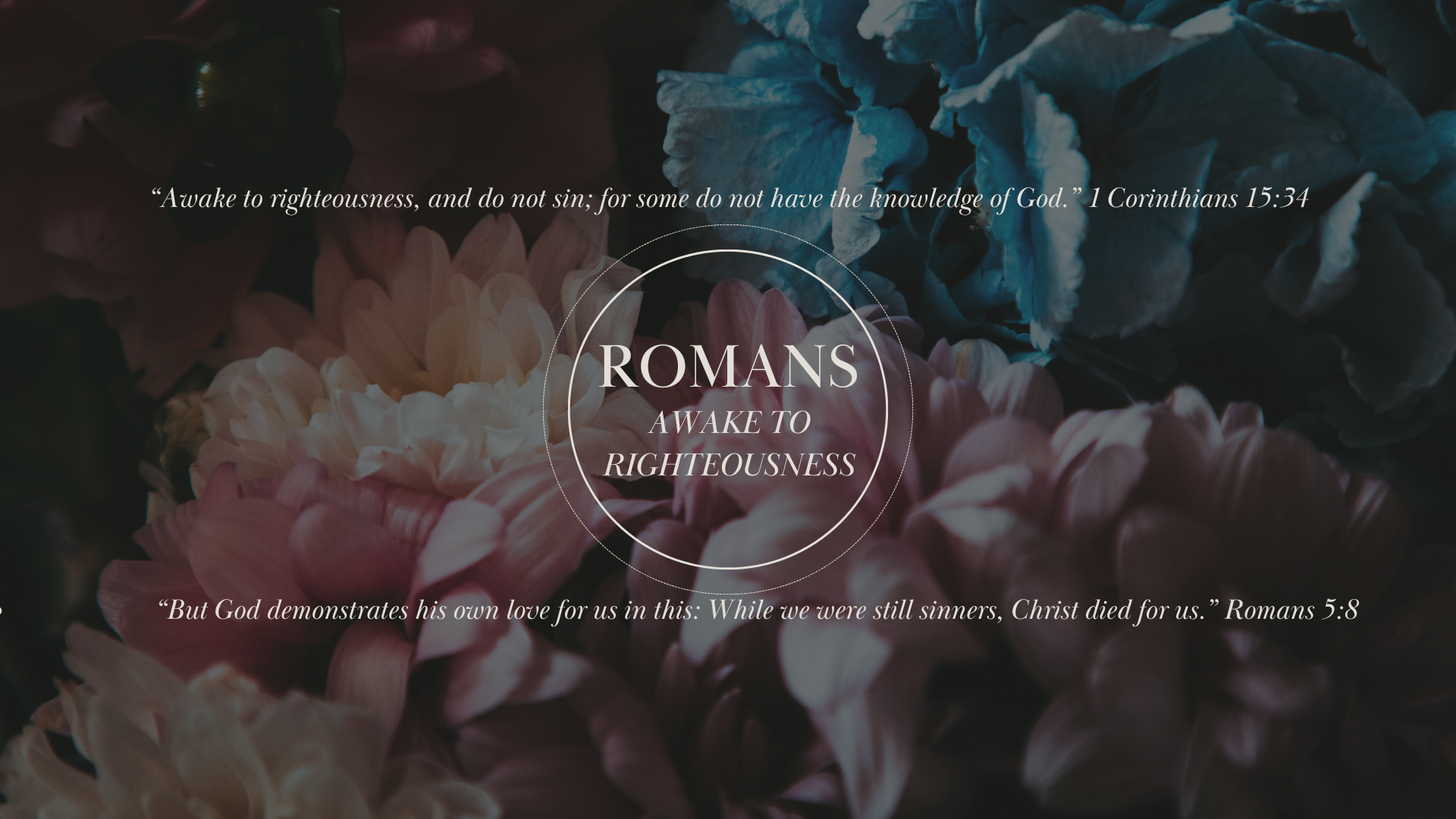BACK TO MAIN PAGE
INTRODUCTION | ROMANS
PDF FORMAT
Download
How to use this study
KNOW: TRUTH as a Tool for Bible Study
KNOW is an acronym designed to help you study the Bible for yourself. Here's how it works:
K - Know: Read the daily passages listed.
N - Note: Mark key words and phrases.
O - Observation: Ask questions about the passage, such as:
Who is the author?
Who are the recipients?
Why did the author say this?
How did the recipients respond?
What is happening historically and geographically with this church?
W - What: Reflect on what this passage means for your life today.
TRUTH refers to The Person Who is Truth—Jesus.
Jesus once told His disciples, “If you have seen Me, you have seen the Father.” Jesus is the Truth about God. If you want to know what God is like, look at Jesus. The Bible reveals God through His Son, and every book in this series is written through the lens of the finished work of Christ.
Tetelestai is the Greek word for “It is finished.” This phrase was used to stamp a debt that had been paid in full. So, what did Jesus finish?
He completed the work necessary for our righteousness, freeing us from trying to earn it through the law.
He finished the work He began at creation.
He removed all condemnation against us.
He paid in full the debt of sin held against us.
"Do you not know…?"
In the first eight chapters of Romans, Paul asks over fifty questions, many of which begin with "Do you not know...?" Paul knew that his readers- the Jewish Christians living in the Roman capital, did not "know" the truth hidden in scripture. They did not see the purpose of Christ's coming, His death, and resurrection or that they were under grace and not the law.
Today, most Christians do not know either. Most Christians do not understand that the Gospel is Good News and that Good News has the power to rescue people from darkness and sin and make them whole—entirely new creations. Many Christians live in a constant state of insecurity, believing they are both forgiven and cursed, righteous and sinners, light and dark.
Paul's letter is primarily about righteousness. It is a discovery of what Christian salvation is and what it means. What if more happened at the cross than we realize? What if the cross wasn't just a promise of a future life after death but a wholly transformed life here on earth? Indeed, heaven is a source of hope, but what if our lives here were free from guilt, shame, and condemnation? What if our relationship with God resembles an intimate friend-to-friend relationship with a good Heavenly Father? Can our Christian walk be abundant, or should it be filled with sorrow, pain, and suffering?
Righteousness is the door to the relationship with God we have longed for from birth. Every heart has eternity written on it. ("He has put eternity in their hearts." Ecclesiastes 3:11). Jesus told us what eternity is in John 17:3: "And this is eternal life, that they may know You, the only true God, and Jesus Christ whom You have sent." To know God is what our hearts long for. We know God through His Son, Jesus Christ.
Romans is the journey of discovering righteousness- primarily chapters 1 through 8. As Paul likes to do in his letters, he always opens with a greeting—mostly warm, except when he's upset, as with the Galatians. Although we will not cover chapters 9-16, I encourage you to read until the end.
In chapters 9 through 11, Paul focuses on Israel's destiny. Understanding God's plan for Israel is essential to fully understanding scripture.
Chapters 12 through 16 challenge us to put our faith into action. As with every letter Paul wrote, he always begins with the spiritual realities followed by the practical "living it out." We will not cover these chapters in this study, as the goal of this eight-week study of Romans 1 through 8 is to delve into the substance of salvation—righteousness—and the unveiling of Jesus—grace.
"Awake to righteousness, and do not sin; for some do not have the knowledge of God." 1 Corinthians 15:34 NKJV.

